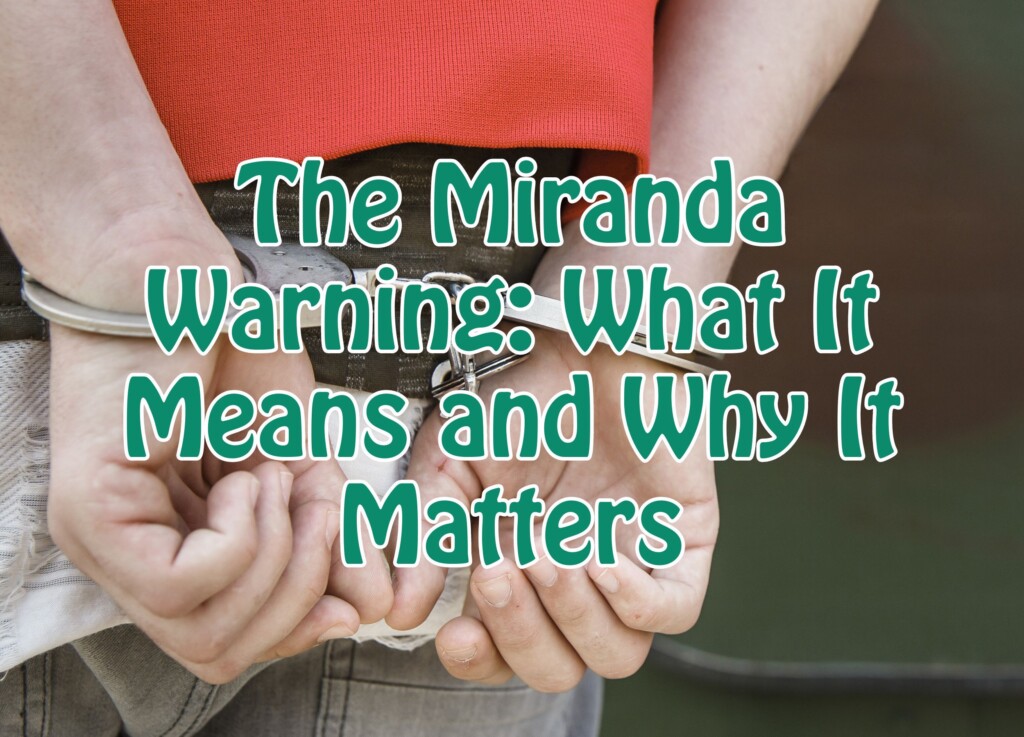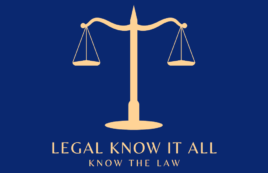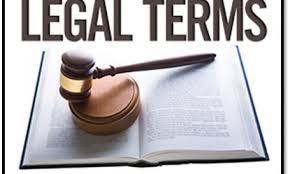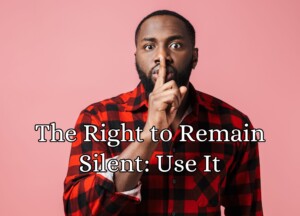What is the Miranda Warning? A Complete Guide
We’ve all seen it on TV shows and movies. A cop slaps on the handcuffs and starts reciting, “You have the right to remain silent…” But what does that actually mean? This is known as the Miranda Warning, and it’s a crucial part of the American legal system. Let’s break it down in simple terms so you can understand what it is and why it’s important.

What is the Miranda Warning?
The Miranda Warning is a legal warning that police are required to give to someone who is in custody and about to be interrogated. It’s named after a Supreme Court case, Miranda v. Arizona, which established the requirement back in 1966. The warning is designed to inform you of your rights so that you’re aware of them during questioning.
What Does the Warning Include?
The Miranda Warning usually goes something like this:
- You have the right to remain silent.
- Anything you say can and will be used against you in a court of law.
- You have the right to an attorney.
- If you cannot afford an attorney, one will be provided for you.
These are your basic rights during police questioning, and they’re designed to protect you from self-incrimination.
When is the Miranda Warning Given?
The warning is given when two conditions are met: you’re in custody, and you’re about to be interrogated. Being “in custody” means you’re not free to leave, and “interrogation” means the police are asking you questions that are designed to get you to admit guilt.
Why is it Important?
The Miranda Warning is crucial because it protects your Fifth Amendment right against self-incrimination. If you’re not read your rights, any statement or confession you make may not be admissible in court. This can be a game-changer in legal proceedings.
What to Do if You’re Given the Miranda Warning?
- Stay Silent: The right to remain silent is there to protect you. Use it.
- Ask for an Attorney: Even if you think you have nothing to hide, it’s always a good idea to have legal representation.
- Don’t Waive Your Rights: Sometimes, the police may ask if you understand your rights and if you wish to waive them. It’s generally not a good idea to do this without speaking to an attorney first.
What Happens if the Warning Isn’t Given?
If you’re in custody and being interrogated but you haven’t been read your Miranda rights, anything you say may be thrown out in court. However, this doesn’t mean your case will automatically be dismissed; it just means that your statements can’t be used against you.
Understanding the Miranda Warning is crucial for anyone living in or visiting the United States. It’s a fundamental part of your rights during encounters with law enforcement. If you’re interested in learning more about navigating life’s legal and personal challenges, check out this eBook on transforming failure into success. It offers valuable insights into overcoming setbacks and achieving your goals.
Remember, knowing your rights can make a huge difference in how you handle interactions with the police. Stay informed and stay safe.
Common Misconceptions About the Miranda Warning
A lot of people think that if the police don’t read you your Miranda rights immediately upon arrest, then the arrest is invalid. That’s not true. The Miranda Warning is only required before custodial interrogation. So, if the police arrest you but don’t question you, they don’t have to read you your rights. However, if they start asking you questions aimed at getting you to confess, then they must read you the Miranda Warning.
Another misconception is that the Miranda Warning protects you from being arrested. It doesn’t. The warning is there to protect your Fifth Amendment rights during questioning, not to prevent an arrest.
Real-Life Scenarios
Imagine you’re pulled over for speeding, and the officer asks if you know why you were stopped. This is a routine traffic stop, and you’re not in custody, so the officer doesn’t have to read you the Miranda Warning. But let’s say the officer then finds something suspicious in your car and arrests you. Now, before any interrogation about what they found, they would need to read you your rights.
What If You’re Not a U.S. Citizen?
The Miranda Warning applies to everyone in the United States, regardless of citizenship. So if you’re a tourist, a resident alien, or an undocumented immigrant, you still have the right to remain silent and the right to an attorney.
Youth and the Miranda Warning
For minors, the Miranda Warning still applies, but additional protections are often in place. For example, a parent or guardian may be required to be present during questioning. If you’re a young person or have kids, this is crucial information to know.
The Importance of Legal Advice
If you ever find yourself in a situation where the Miranda Warning is read to you, the best course of action is to remain silent and ask for an attorney. Even if you’re innocent and think you can explain the situation, it’s always safer to consult with legal advice first. For more insights into navigating life’s challenges, this eBook on bouncing back from failure can offer some valuable life lessons.
The Miranda Warning is a cornerstone of the American legal system, designed to protect your constitutional rights. Whether you’re a U.S. citizen or not, understanding these rights can be crucial in stressful situations involving law enforcement. Always remember: you have the right to remain silent, and you have the right to an attorney. Make sure to exercise these rights to protect yourself.
As an Amazon Associate we earn from qualifying purchases through some links in our articles.




